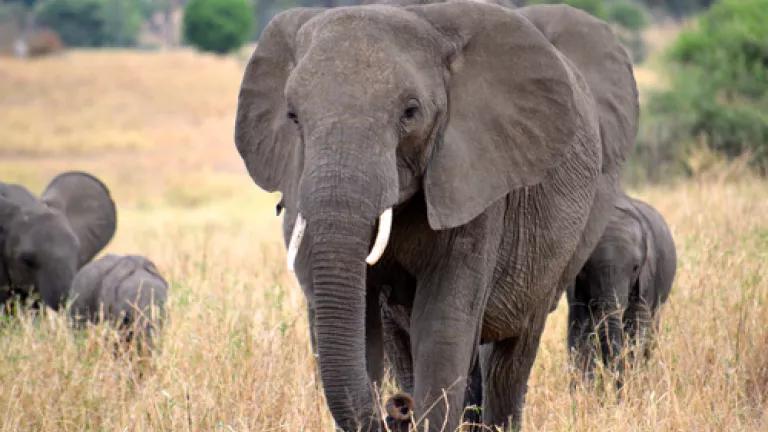
Yesterday, the Hawaii Senate passed a bill (Senate Bill 2647/House Bill 2502) that would ban the vast majority of the state's ivory trade. And the legislation wouldn't just help elephants--it also bans the trade in a number of animals threatened by wildlife trafficking, including sea turtles, rhinos, and whales.
This is great news because Hawaii is the third largest ivory market in the country, following New York and California. Indeed, a 2008 ivory survey of U.S. ivory markets, found 23 outlets on Oahu selling 1,867 ivory items like jewelry, figurines, and chopsticks, almost 90% of which were likely imported illegally or are of unknown origin. The state also has one of the largest - if not the largest - online ivory marketplaces in the country.
Over the past two years, NRDC has helped secure similar legislation in New York and California. Because the federal government cannot further restrict the trade of wildlife within a state, these state bans are critically important to reducing U.S. demand for ivory, and, as a result, poaching in Africa. In addition, these bans send an important signal to China - the world's largest ivory consumer - that the United States is doing its part as China moves forwards with announced plans to eliminate its domestic ivory market.
Specifically, the bill will ban the vast majority of commercial transactions, including sale, offer for sale, purchase, possession with intent to sell, trade, and barter of the listed animals. It contains reasonable exemptions for activities such as transfers to heirs and beneficiaries, educational and scientific purposes, traditional cultural practices, and antiques and musical instruments containing a small percentage of ivory. Further, the legislation will eliminate cover for illegal ivory by banning commerce in mammoth ivory since wildlife traffickers often claim their products are made from this legal source of ivory when they are actually from recently-poached elephants.
Next, the bill heads to the Hawaii House of Representatives, where it will be heard by the Judiciary Committee on March 25.

